Welcome to Richard Kendall Estate Agent
Selling a property can be an exciting but complex process and having all your documents in order can help things run smoothly. Whether you are a first time seller or have experience in the property market, knowing which documents you need to prepare can save you time and stress. Here’s a simple checklist to get your documents ready before you list your property for sale.
Title deeds: confirming ownership
First, ensure you have your title deeds in hand. These confirm that you are the legal owner of the property. If your property is registered with the Land Registry, you can obtain an official copy of the deeds from them. If there are any restrictions or legal obligations on the property, these should be outlined in the deeds, so having them ready will help clarify any issues.
Energy performance certificate (EPC)
Next, gather your Energy Performance Certificate (EPC). This document is required by law for anyone selling or renting a property and provides potential buyers or tenants with an energy rating for the property. If your property doesn’t already have a valid EPC, we have our own team of Domestic Energy Assessors here at Richard Kendall Estate Agent who can carry out the assessment for you before you list your property.
Simply contact us to arrange this service.
Property information form
Another important document is the property information form, which details any issues or disputes related to the property, such as boundary disputes or ongoing maintenance work. This form helps the buyer make an informed decision and speeds up the sale process by addressing potential concerns early on.
Planning permissions and building regulations
If your property has undergone any renovations or extensions, ensure you have the relevant planning permissions and building regulation approvals. Buyers will often ask about this during the process, so it’s crucial to have the correct documentation to avoid delays.
Mortgage details
Finally, don’t forget your mortgage details, especially if you still have an outstanding balance. Your solicitor will need to know how much you owe to help settle the amount at completion.
Proof of ID
In addition to the property-related documents, you may also need to provide proof of your identity, such as a passport or driver’s license. This is a standard requirement to confirm the identity of the seller and comply with anti-money laundering regulations.
Preparing ahead of time
Getting all your documents ready ahead of time can make the selling process much smoother. By ensuring everything is in order, you can save yourself from last-minute rushes and avoid any delays during the sale.
If you are ready to list your property and want expert guidance, get in touch with us today and let us help you prepare every step of the way.
When it comes to buying property, leasehold properties are a popular option, especially in urban areas where freehold properties can be harder to come by. However, before committing to a leasehold, it’s essential to understand the unique considerations that come with it. Leasehold ownership means you own the property, but the land it sits on is owned by someone else – typically a freeholder. This can affect everything from the length of the lease to the cost of maintenance and ground rent, so it’s vital to approach with the right information.
Check the length of the lease
One of the first things to check is the length of the lease. If the lease has fewer than 80 years left, it could significantly impact the value of the property and make it more difficult to secure a mortgage. If you find a property you’re interested in, it's a good idea to ask the seller to extend the lease before you proceed with the purchase. This can help avoid complications later on.
Review ground rent and service charges
Next, it’s essential to review the ground rent and service charges. Ground rent is the amount you pay to the freeholder for the land the property is on. Some leasehold agreements have increasing ground rent clauses, so it’s important to check whether this is the case for the property you're considering. Similarly, service charges cover the cost of maintaining the building and communal areas, and these can vary significantly depending on the property’s size and location.
Understand the leasehold restrictions
Another point to consider is the leasehold’s restrictions. These may include anything from restrictions on pets to limitations on making alterations to the property. Understanding these restrictions upfront can save you from potential frustrations down the line.
Consult professionals before purchasing
Buying a leasehold property can be a great investment, but it's crucial to go into it well-informed. If you're looking to purchase a leasehold property, be sure to consult with a legal professional and a property agent who understands the ins and outs of leasehold agreements. They can guide you through the process, ensuring you make the right decisions every step of the way.
Ready to explore leasehold properties? Get in touch with us today and let us help you find the perfect home.
An inventory report is a detailed list of the items and condition of a property when a tenant moves in. It typically includes everything from furniture and appliances to the condition of walls, floors, and fixtures. This document serves as a record of the property’s state at the start of the tenancy, and is usually completed by the landlord or a property agent in the presence of the tenant. Both parties will sign off on the report, agreeing that it accurately reflects the condition of the property.
So, what is tenant referencing?
It’s a bit like matchmaking – but for homes. Referencing helps landlords make informed decisions and gives tenants a chance to show they are reliable and ready to move.
Here’s what gets checked:
* Credit history
* Employment & income
* Previous landlord feedback
How to Build a Property Portfolio in Today’s Market
Building a property portfolio in today’s market can be an exciting and rewarding endeavour, but it requires careful planning, research, and a strategic approach. The property market is constantly evolving, and with the right decisions, it’s possible to create a portfolio that delivers both financial security and growth over the long term. Here’s a comprehensive guide on how to start building your property portfolio successfully.



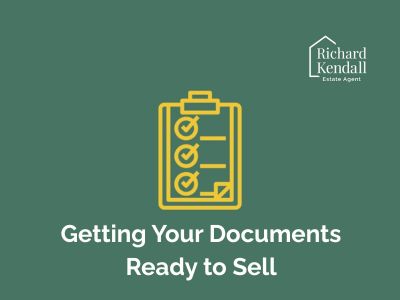
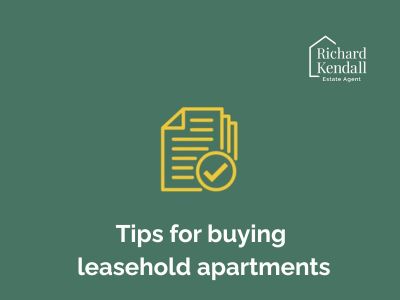
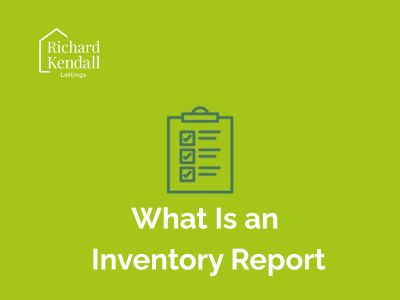
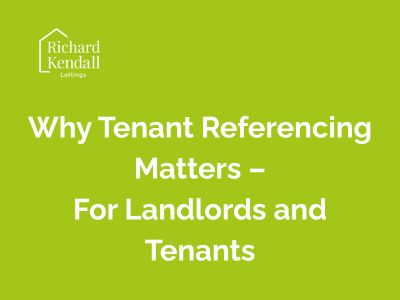
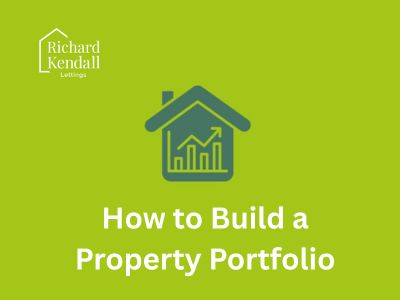












Get Social
Facebook
Check out our Facebook page to be the first to hear about property news and our latest properties
Tik Tok
Follow us on Tik Tok for the latest photo and video content
Instagram
Follow us on Instagram for the latest photo and video content
YouTube
View our latest property tours and videos